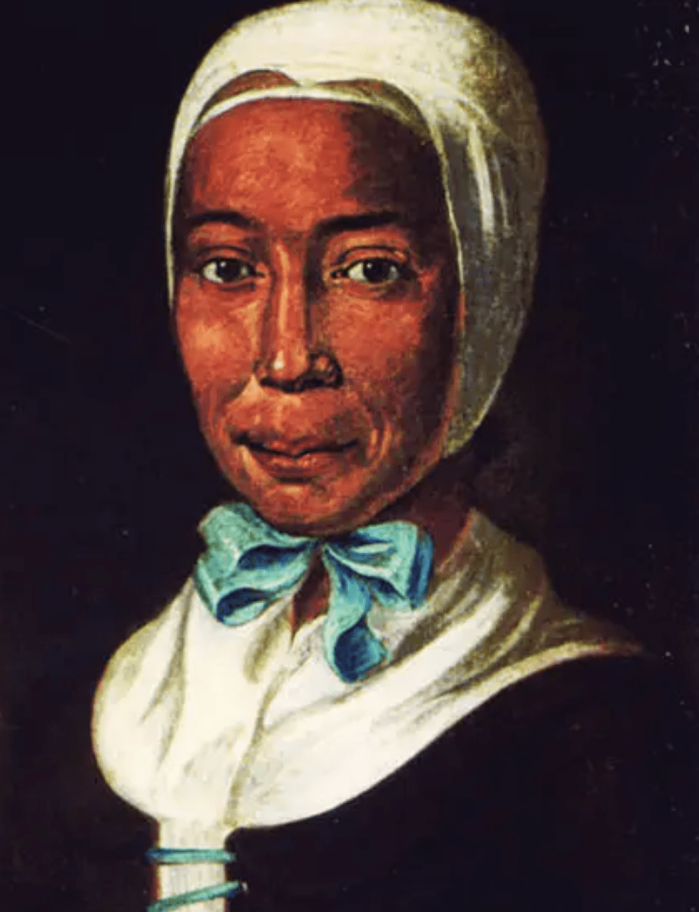
Rebecca Protten was a former slave and a very important missionary in the Atlantic World during the 1700s. She was born in Antigua, a British Colony, and born of an African mother and her white slaveholder.
Her master died when she was twelve and she was freed. Although she had been taught Christianity by her former master, she wasn’t completely involved in the church until soon after his death, when she was converted to Christianity by Moravian missionaries. She joined their ministry and became inspired to become a missionary herself. She became very dedicated to her work, earning her the title of “Mother of Modern Missions.”
She started her missionary work in St. Thomas by leading the project of converting African slaves to Christianity. She mainly worked with women, and she was forbidden from public preaching because of her womanhood, due to the authority figures at St. Thomas. The colonial authorities saw her as a threat and imprisoned her because she inspired slaves to protest their masters. Then in 1742, she was freed but sent off to go to Herrnhut, Saxony, which was founded by Moravian exiles. Then she traveled with her husband, Christian Jakob Protten, to the Gold Coast, where he was assigned a project. Rebecca Protten wished to return to St. Thomas, but she was too ill to. She died in 1780 in Christiansburg on the Gold Coast.
Because the Moravian community believed that God viewed men and women as equal, Protten was given many opportunities that other women typically didn’t have at that time, including preaching and holding leadership positions within the church once she was outside of St. Thomas. Female preachers were given as many opportunities as male preachers. She was a brilliant and revered for her work with African woman slaves; she guided them to join the church and taught them to read as well. Her work taught slaves what it means to work together, have hope, and trust in God; this message led to the enlightening and emancipation of many African slaves.
– Lilian Ortinau (University of Missouri)